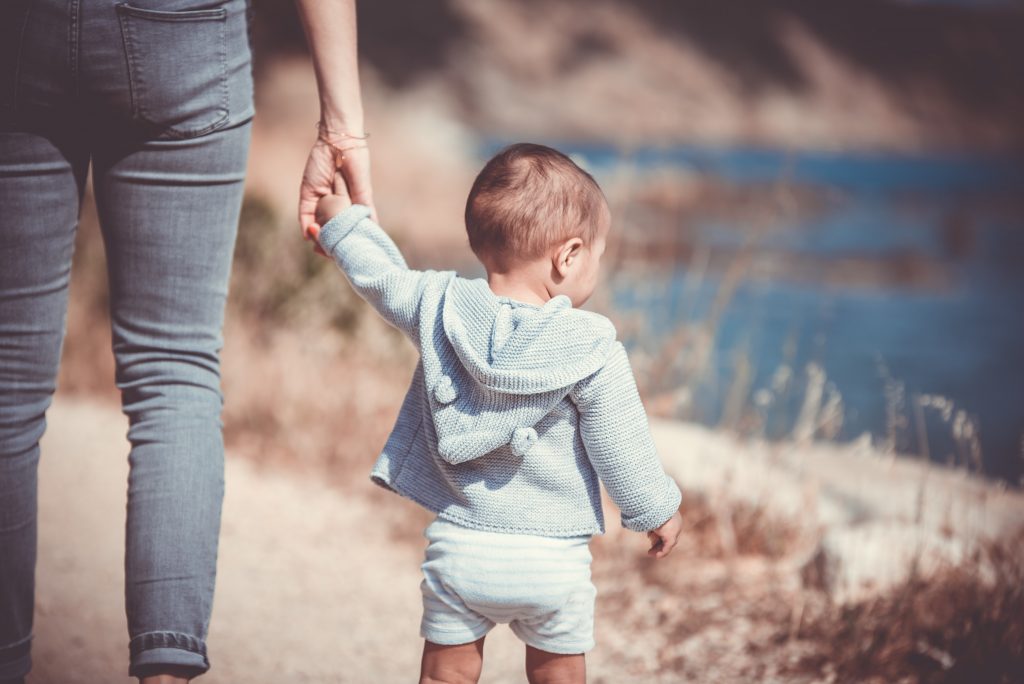
Recently Reuters published an article highlighting the legal battle over faith-based adoption agencies that decline to place children with same-sex couples.
Nationwide, we have seen efforts at the state and local levels to force Christian adoption agencies to violate their deeply-held convictions about family and child welfare.
In Michigan, for example, St. Vincent Catholic Charities and Bethany Christian Services both found themselves at odds with government policies over the placement of adoptive and foster children.
At World magazine, Jamie Dean wrote last October,
“[E]arlier this year, the Christian groups faced a government ultimatum: accept applications from same-sex couples for foster care and foster care adoption or lose the legal right to conduct foster care in Michigan. The Catholic group refused. Bethany complied. “
Since then, Dean writes, St. Vincent has challenged the government policies and won a preliminary injunction in its favor in September.
A similar case is playing out in Philadelphia, where city officials have targeted faith-based adoption and foster care agencies.
According to Reuters, the U.S. Supreme Court will hear the Philadelphia case during its next term that begins in October.
And late last year the federal Department of Health and Human Services proposed a new rule that lets adoption and foster care agencies operate according to their religious beliefs.
The rule might help give faith-based adoption agencies a reprieve from being targeted for their beliefs.
We know from experience that children raised in same-sex households do not fare as well as children raised with a married mom and dad.
A 2015 study published in the British Journal of Education, Society, and Behavioral Research concluded that emotional problems were more than twice as prevalent among children with same-sex parents as opposed to children with opposite-sex parents.
Among other things, the study found children ages 4 – 17 years with same-sex parents were more likely:
- To see a mental health professional;
- To report higher rates of ADHD;
- To suffer from learning disabilities;
- To suffer from serious emotional problems.
To put it simply, there’s no substitute for having a mom and a dad.




